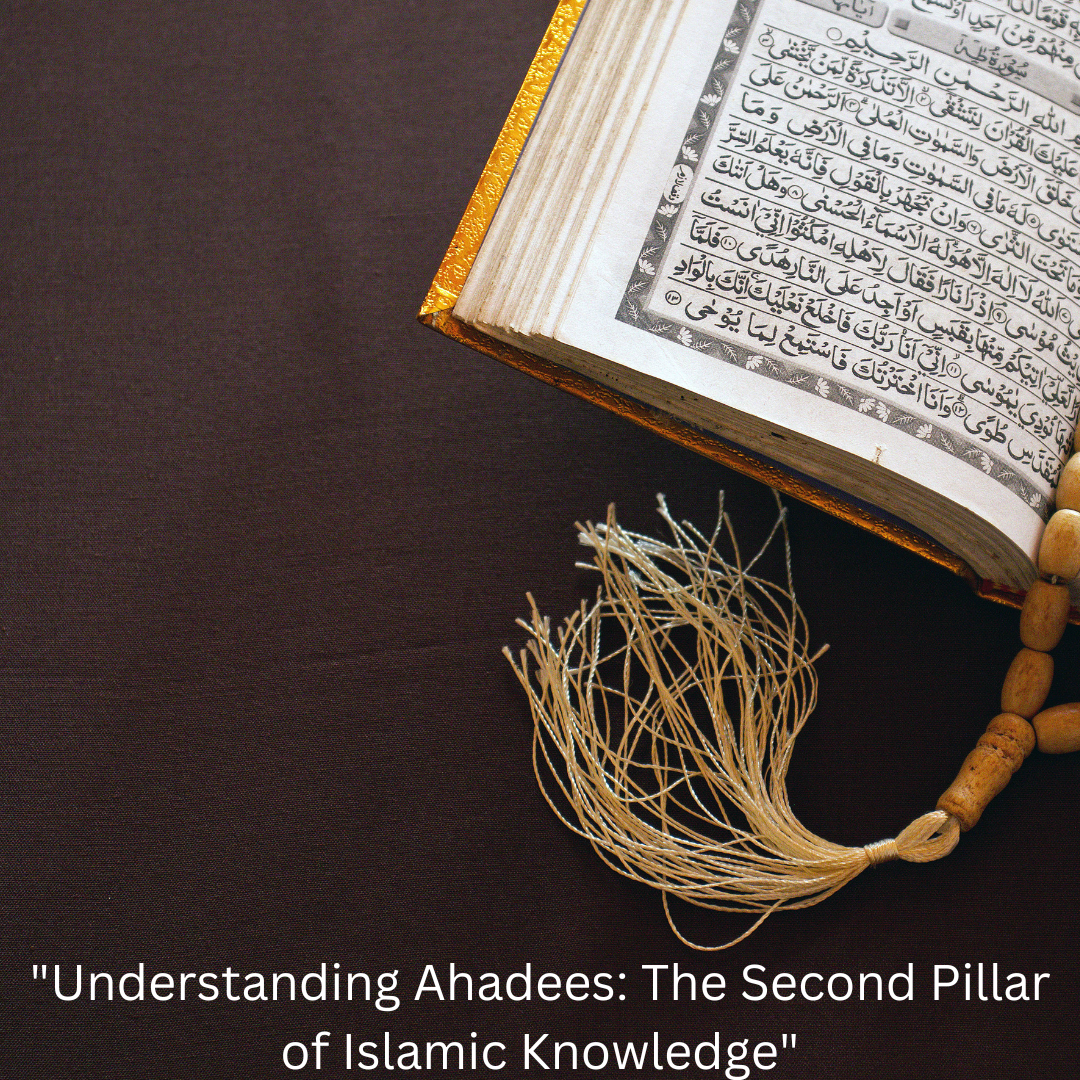The significance of Allah’s names in Islam is profound, each reflecting a different aspect of His infinite nature. The Ahadees, sayings of Prophet Muhammad (PBUH), frequently emphasize the blessings and virtues associated with invoking and contemplating the names of Allah. This article explores the Ahadees that highlight the spiritual, emotional, and practical benefits of remembering and calling upon Allah by His names.
The Concept of Asma ul Husna
In Islam, Allah is known by many names, collectively called Asma ul Husna (The Most Beautiful Names). These names describe His attributes and qualities, such as Al-Rahman (The Most Merciful), Al-Malik (The King), and Al-Hakeem (The All-Wise). The importance of these names is underscored in several Ahadees, which encourage Muslims to understand, memorize, and use them in their daily lives.
Hadith on the Virtue of Reciting Allah’s Names
One of the most well-known Ahadees regarding Allah’s names is narrated by Abu Huraira (RA):
“Allah has ninety-nine names, i.e., one hundred minus one, and whoever knows them will go to Paradise.” (Sahih Bukhari)
This Hadith not only highlights the merit of knowing Allah’s names but also implies a deep understanding and reflection upon these names can lead to spiritual elevation and a place in Paradise.
The Blessings of Al-Rahman and Al-Raheem
The names Al-Rahman (The Most Merciful) and Al-Raheem (The Most Compassionate) are frequently mentioned together and are the opening names of nearly every Surah (chapter) in the Quran. A Hadith narrated by Salman Al-Farsi (RA) relates that the Prophet Muhammad (PBUH) said:
“Indeed, Allah has one hundred mercies, and one of those mercies is for the humans and jinns, and by it, they have mercy and compassion for each other. And ninety-nine mercies are for the Day of Resurrection.” (Sahih Muslim)
This Hadith illustrates the boundless mercy encompassed by these names and the immense blessings that believers receive by invoking them.
Seeking Protection and Help through Allah’s Names
Invoking Allah’s names is also a powerful means of seeking protection and assistance. The Prophet Muhammad (PBUH) recommended specific prayers involving Allah’s names during times of distress. An example is found in a Hadith narrated by Abdullah ibn Mas’ud (RA):
“Whenever you feel distressed, say: ‘O Allah, I am Your servant, son of Your servant, son of Your maidservant. Your command over me is forever executed, and Your decree over me is just. I ask You by every name belonging to You which You have named Yourself with, or revealed in Your Book, or You taught to any of Your creation, or You have preserved in the knowledge of the unseen with You, that You make the Quran the spring of my heart and the light of my chest, and a departure for my sorrow and a release for my anxiety.'” (Ahmad and Ibn Hibban)
This Hadith underscores the comprehensive nature of Allah’s names in providing solace and relief to the believer.
The Name Al-Ghafur (The Forgiving)
Among Allah’s names, Al-Ghafur (The Forgiving) holds a special place for those seeking repentance. The Prophet Muhammad (PBUH) emphasized the significance of seeking forgiveness through this name. Anas ibn Malik (RA) reported that the Prophet said:
“Allah, the Exalted, has said: ‘O son of Adam, as long as you call upon Me and ask of Me, I shall forgive you for what you have done, and I shall not mind. O son of Adam, were your sins to reach the clouds of the sky and were you then to ask forgiveness of Me, I would forgive you.'” (Tirmidhi)
This Hadith highlights the boundless nature of Allah’s forgiveness and mercy, reinforcing the importance of invoking His name with sincerity and humility.
Practical Application of Allah’s Names
Incorporating Allah’s names into daily life can transform a believer’s spiritual journey. By consciously invoking His names, Muslims can cultivate a deeper connection with Allah, enhance their understanding of His attributes, and gain comfort and strength in various aspects of life. For example:
- Al-Shafi (The Healer): Used in prayers for health and recovery.
- Al-Razzaq (The Provider): Invoked for sustenance and provision.
- Al-Hadi (The Guide): Sought for guidance and clarity in decision-making.
Conclusion
The Ahadees about the blessings of Allah’s names serve as a powerful reminder of the richness and depth of Islamic spirituality. By understanding and invoking these names, believers can access immense blessings, gain protection and forgiveness, and strengthen their relationship with Allah. Embracing the practice of calling upon Allah by His beautiful names enriches the soul and paves the way for a fulfilling and spiritually rewarding life.



